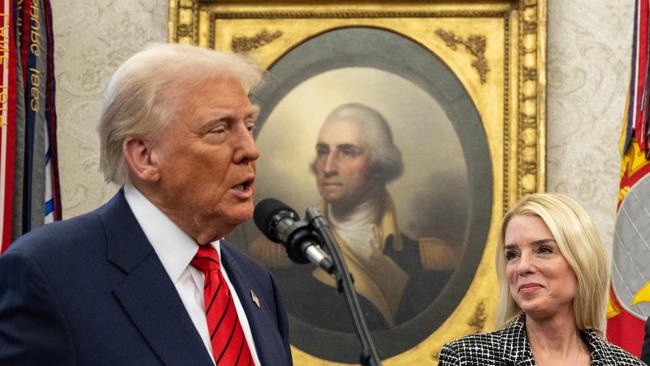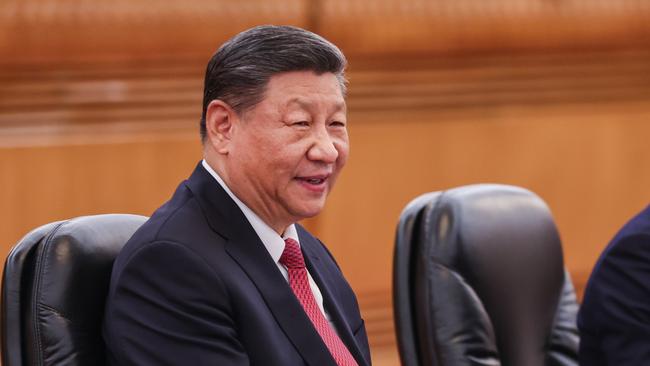Suddenly, large areas of the Australian mining industry have become pawns in both the China and Ukraine chess games.
In due course the dealmaking phase will end and, in the case of China, if no deal can be reached a permanent set of trading rules will be in place which may harm future Australian mining growth in areas like copper, gold and rare earths.
And, partly because of our energy policies, we have no power to influence the game.
A series of metals have become essential for the current industrial revolution and are required in advanced computer chips, fighter aircraft, batteries including magnets and many other markets.

Many years ago, China understood what was going to happen and strategically moved to dominate the refining and treatment processes.
Australia has discovered large amounts of what are called rare earth mineral deposits, where China dominates the treatment. But, we are also discovering many deposits of conventional minerals such as copper and gold contain rare earths and other strategic minerals.
The economics of developing these deposits will in part depend on gaining access to these very valuable additional metals via smelting and not being ripped off.
The China chess game actually started in the Biden years, and China imposed serious restrictions on exports to the US of strategic metals which come out of its smelters and refineries.
We are now in the Trump dealmaking stage, and this month China extended the banned list and indicated its base position was strategic metals would not be exported from China to the US.
While most of the attention in Australia has been concentrated on pure rare earths deposits, the chess game has much wider implications.
And so, if a company has a large copper deposit in Australia, it would normally export concentrates to China to produce the metals. But part of the metal content in the concentrates is now banned from going to the main market — the US.
For example, Haoma, which is controlled by the Morgan Research group, has significant deposits containing copper, gold and strategic minerals including rare earths. It can extract the gold via the “Elazac” process, but the remaining concentrates require refining.
In the past the concentrates would be sent to China, but if the current situation continues Haoma could lose considerable value. Russia also has capacity, but the capacity in Japan, France and the US does not carry the expertise of China in this area. There will be many other miners in exactly the same situation.
Australia has not yet recognised it is a pawn in the game.
In the case of copper concentrates, it could make sense to invest in electric arc smelters in Australia. Indeed, this is what BHP currently does at its Olympic Dam mine, and it will erect new smelters if and when the mines are expanded.
But, in BHP’s case, a co-product is uranium, and the smelting needs to take place in Australia.
BHP are very careful in their public statements but have made it clear the power source must be reliable and, of course, economic. Others in the industry say this means it must either be gas or nuclear, which ever makes economic sense.

Under current Australian policies, gas would impact emission ratios and nuclear is banned. It is complete nonsense if you want prosperity Down Under.
When it comes to conventional rare earth deposits, it makes better sense to have the smelters close to markets and while the US is moving in this direction, Europe has lagged.
Australian companies active in the area have links in the US. Lynas has a plant in Malaysia, but Malaysia is very close to China.
Meanwhile, Trump is negotiating a deal with Russia which involves accessing Ukraine rare earths. We could be left out in the cold. Particularly if it’s linked to US refining capacity.
We desperately need the Canberra government to understands what is taking place in the global mining/treatment industry.
But, to be taken seriously requires an energy policy which works, and we don’t have one.
It is possible the US and China will reach a deal which restores part of the industrial capacity which the US gave to China in the fourth quarter of the last century
But, if this does not happen and something like the current restrictions become permanent, then the future of Australian mining and government income is greatly endangered.






US President Donald Trump is embarking on a series of dealmaking games covering many areas including Ukraine, the Middle East, Canada and, of course, China.